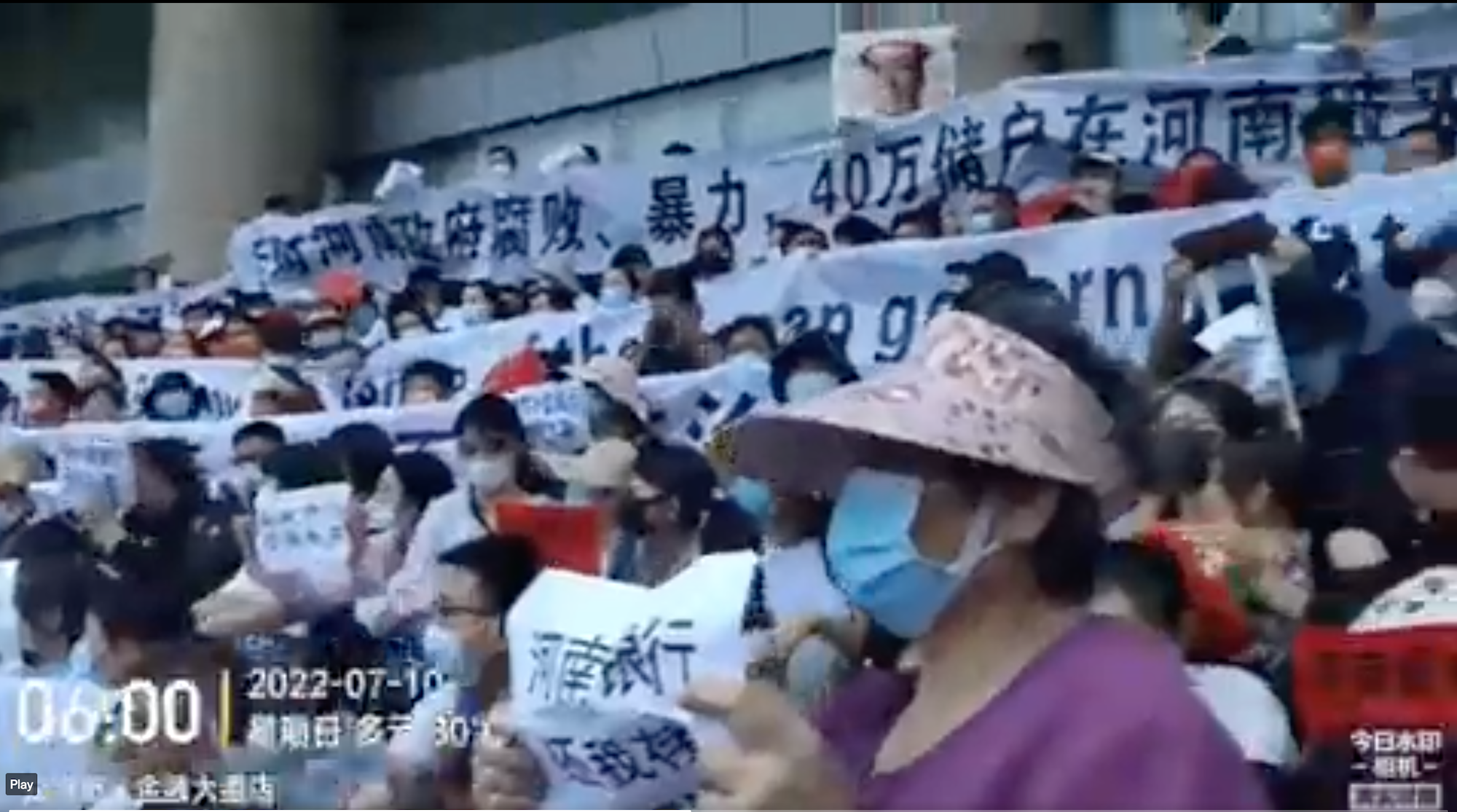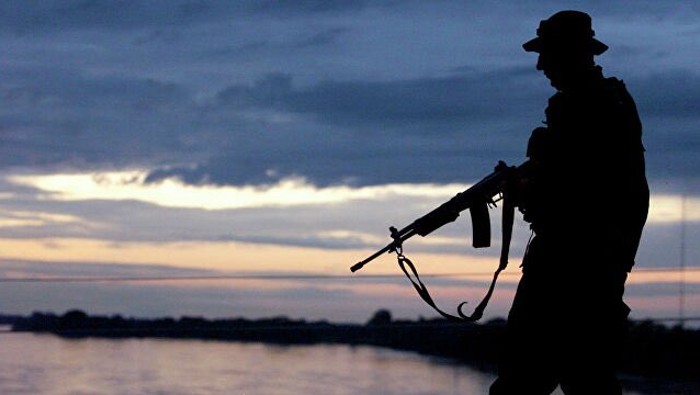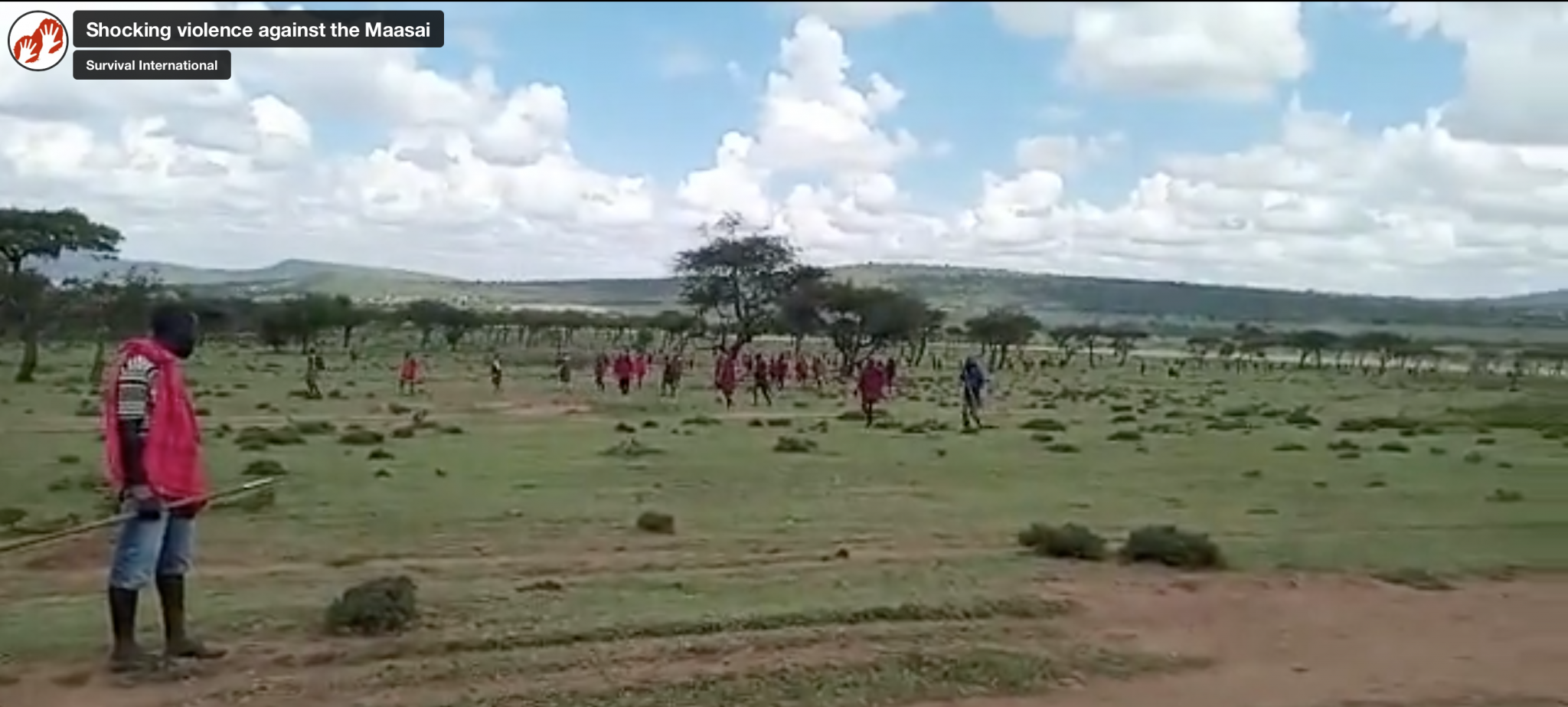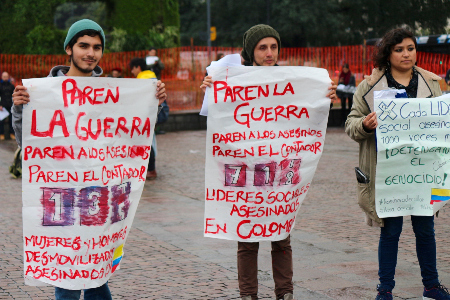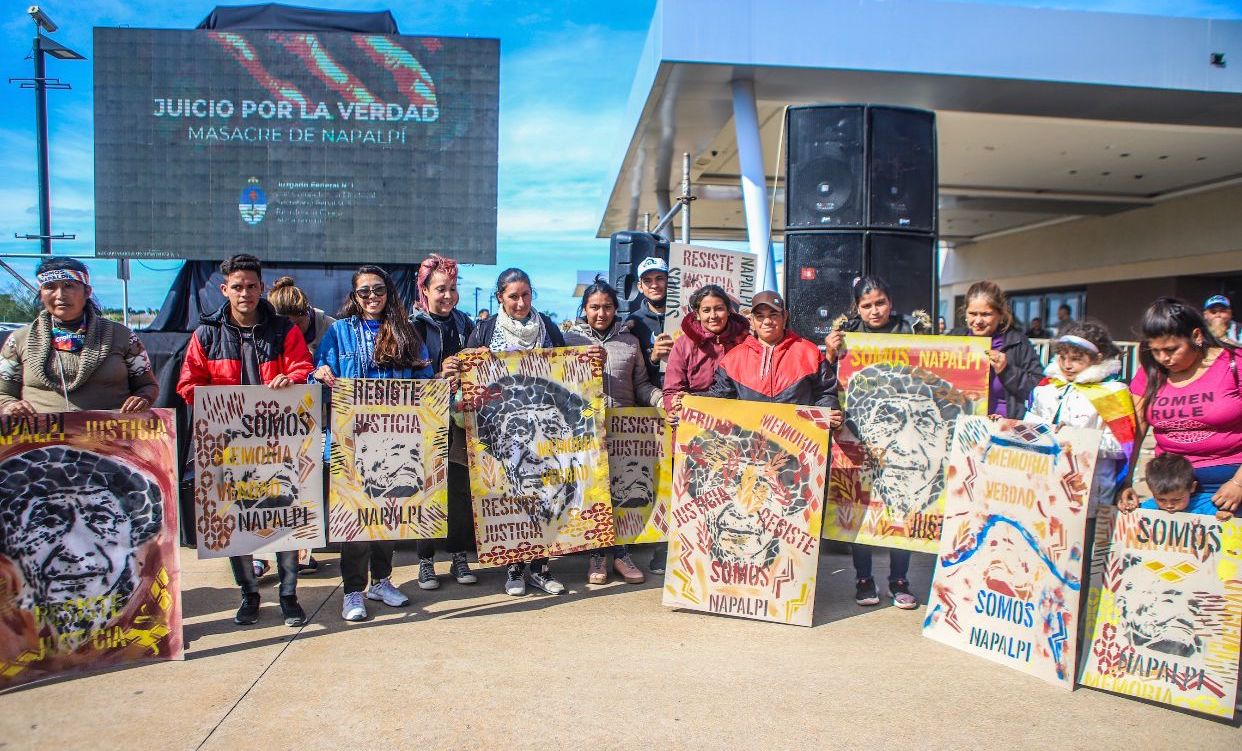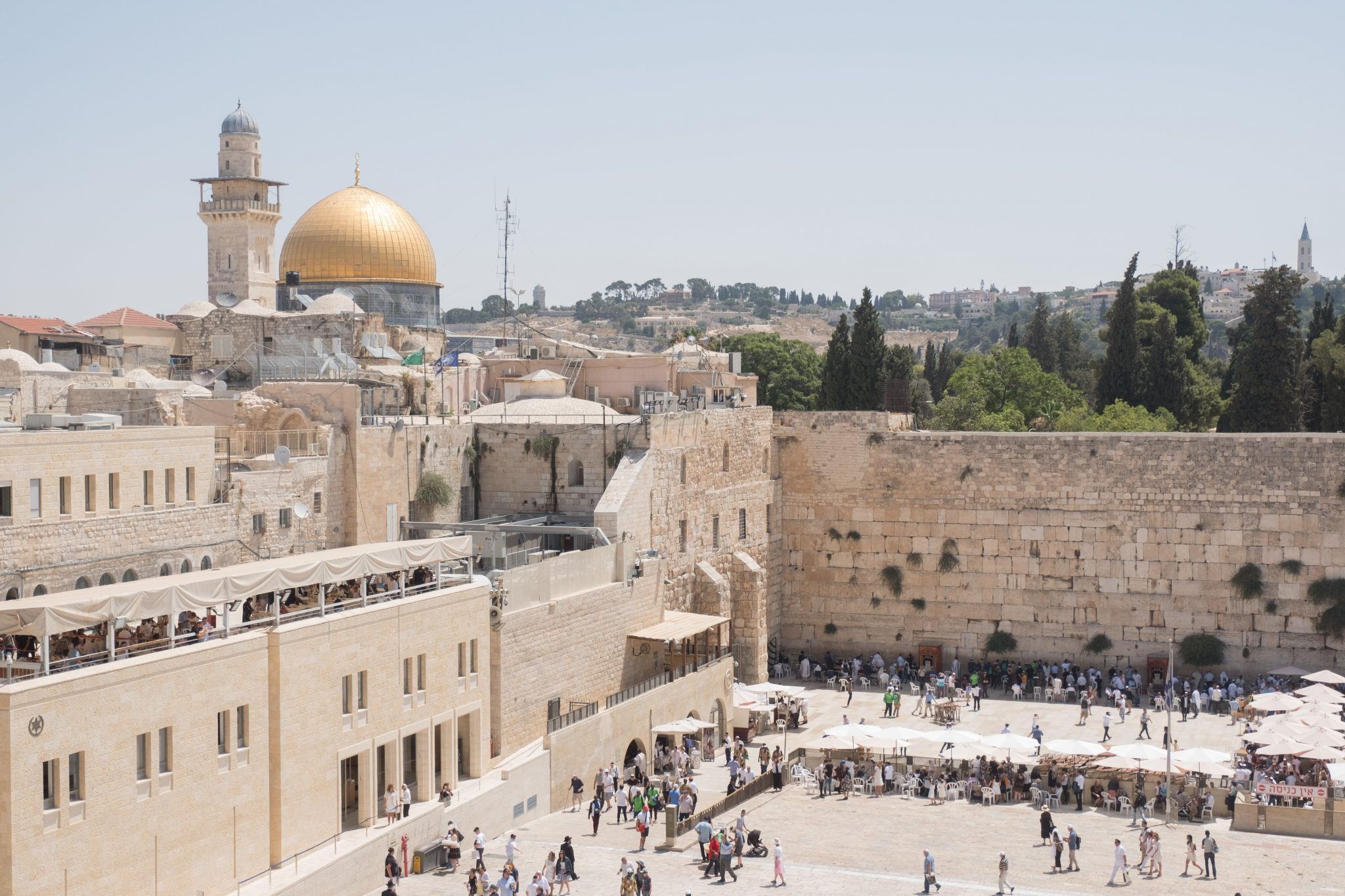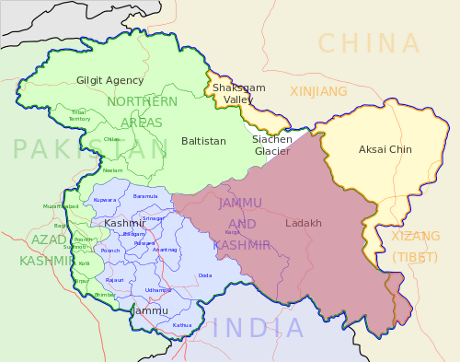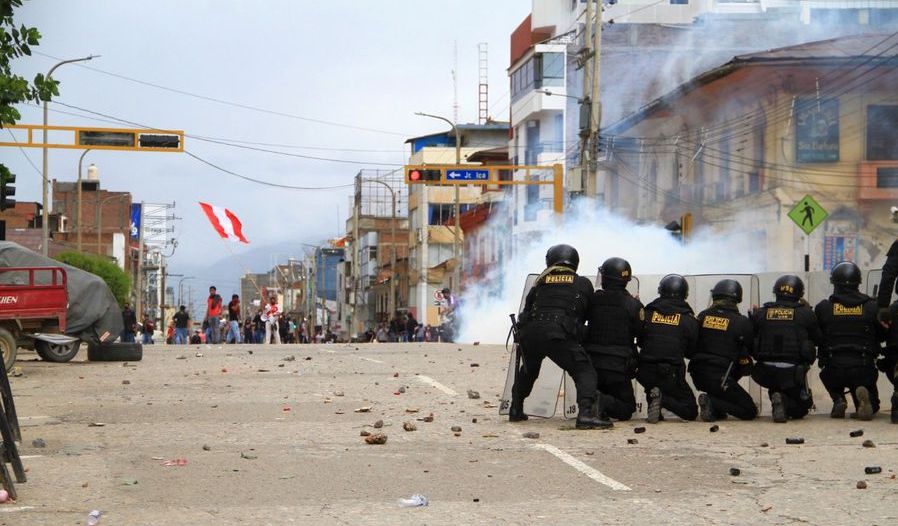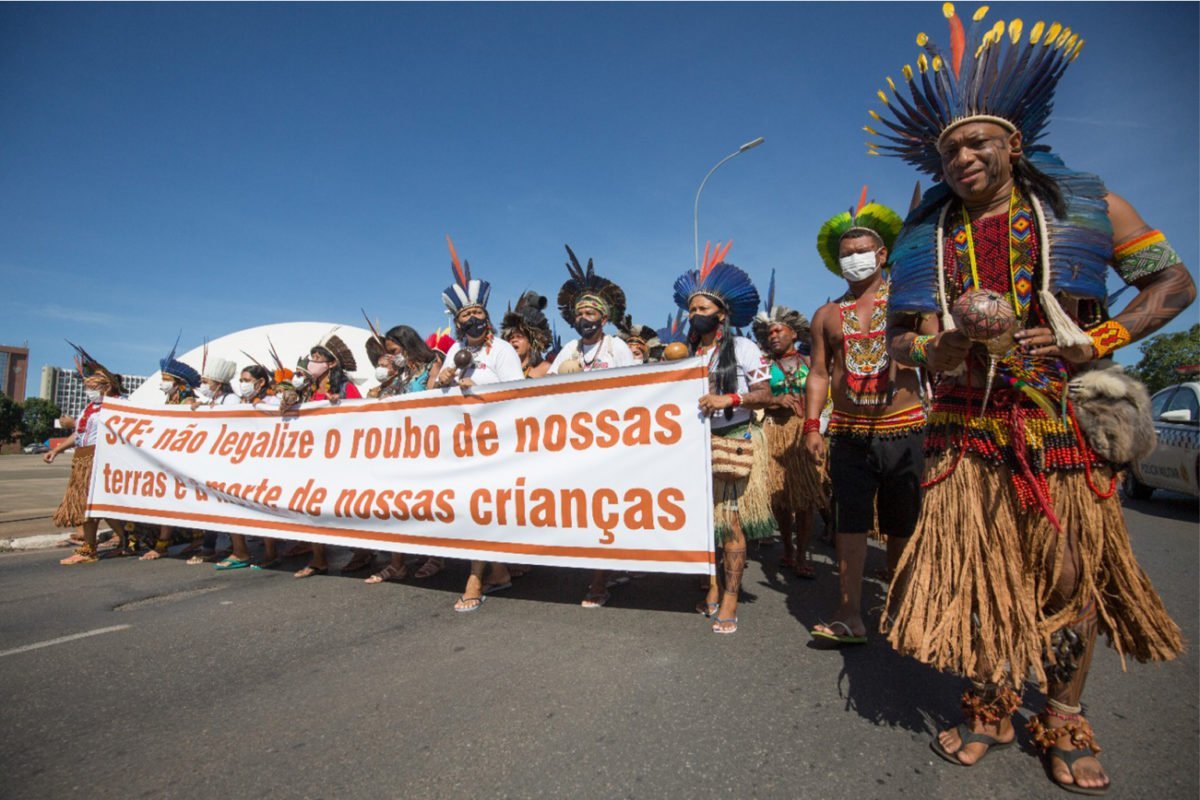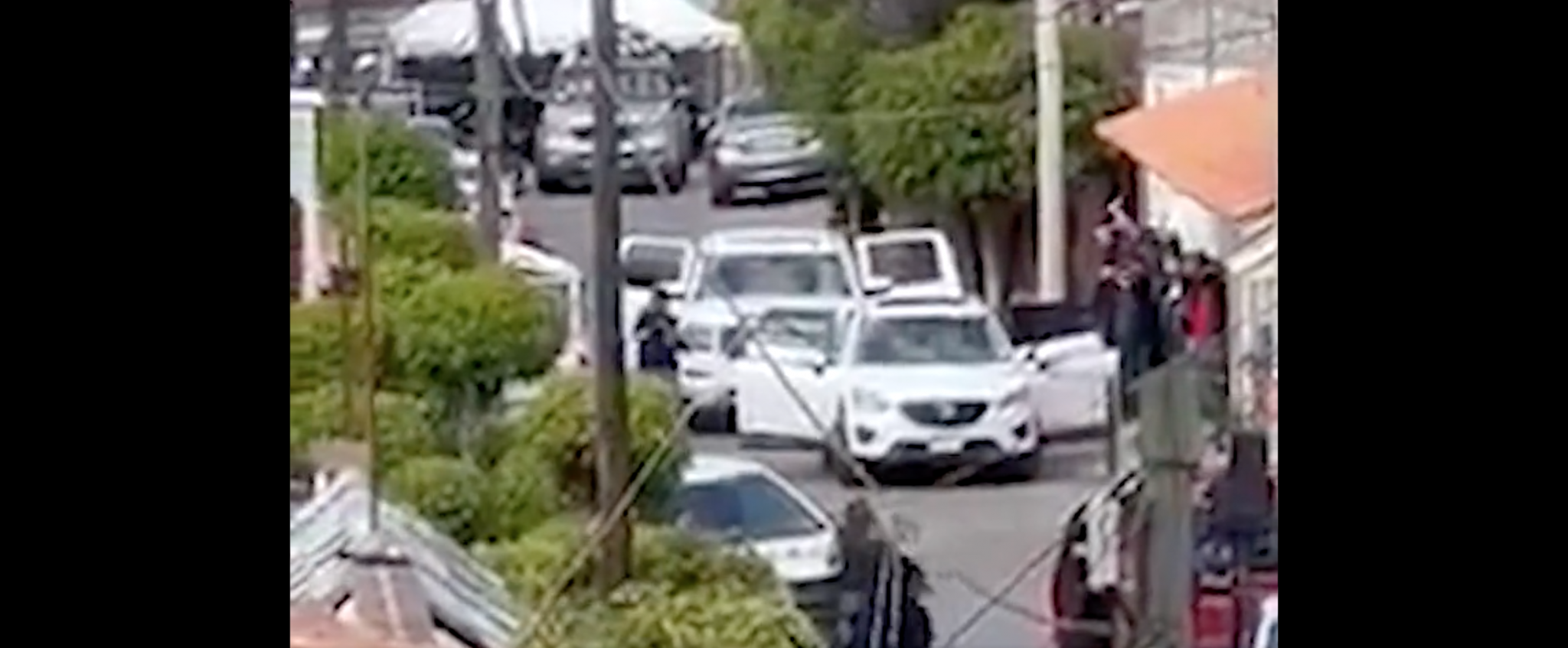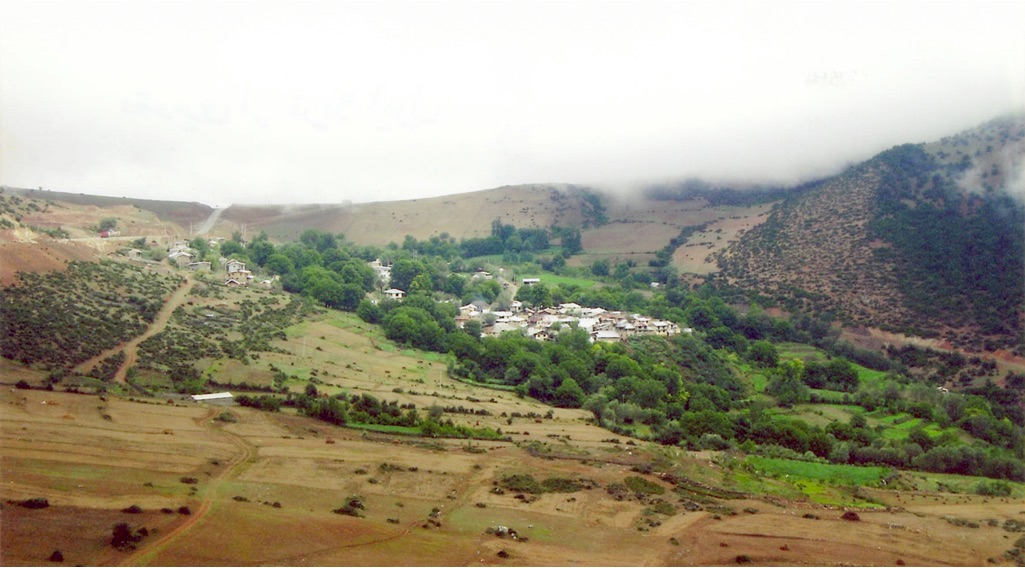
Iran demolishes houses, farms of Baha’i community
Security forces laid siege to a village in northern Iran, demolishing houses and farms belonging to members of the persecuted Baha’i faith. Over 200 troops were deployed to Roshankouh, in Mazandaran province, blocking the road into the village and confiscating residents’ cell phones before commencing demolition of several properties. However, video footage of heavy machinery demolishing buildings was posted to social media by the Baha’i International Community. The organization reports that six homes were destroyed and over 20 hectares of land were confiscated. Troops used tear-gas and fired shots in the air to disperse residents who gathered to protest the demolitions. (Photo of Baha’i village in Mazandaran: Baha’i Communiyu of Canada)



